Article Summary (TL;DR)
✅ Explore the benefits and considerations of selling your Amazon business to an aggregator, including valuation factors and deal structures.
✅ Learn about the rise of Amazon aggregators and their role in acquiring and scaling Amazon FBA businesses.
✅ Understand the process of working with Amazon aggregators, including due diligence, negotiations, and post-acquisition integration, to maximize value and achieve a successful exit strategy.
Selling your FBA businesses to Amazon aggregators is a great step in the right direction if you want to sell your business and make an exit or want to sell part of your equity to take some chips off the table.
Amazon FBA aggregators have gained significant popularity in the last few years, with some launched within the last year.\
They have huge capital to spend on Amazon FBA businesses and are always searching for brands they can invest in.
With so many aggregators entering the space, it became crowded, and exit multiples skyrocketed and they chased the sellers.
Many aggregators are feeling the pinch of overpaying for acquisitions, struggling with supply chain, and now cutting back on acquisitions and the crazy shopping spree.
Multiples have gone from 3.5x ~ 6x to now around 3.3x ~ 4x at the top end. That’s a big drop.
But all is not lost. If your main business is as an Amazon seller, get to know the big names in this space to take the next step when the opportunity arises.
Knowing what you could get and who the major players are will help you move quickly if you need to sell.
What makes FBA businesses attractive to these buyers? Is it the right time to sell your FBA business?
Who are the top aggregators that deserve your attention? Read on to find answers to these questions and how to prepare your brand to attract most aggregators.
Let’s get started!
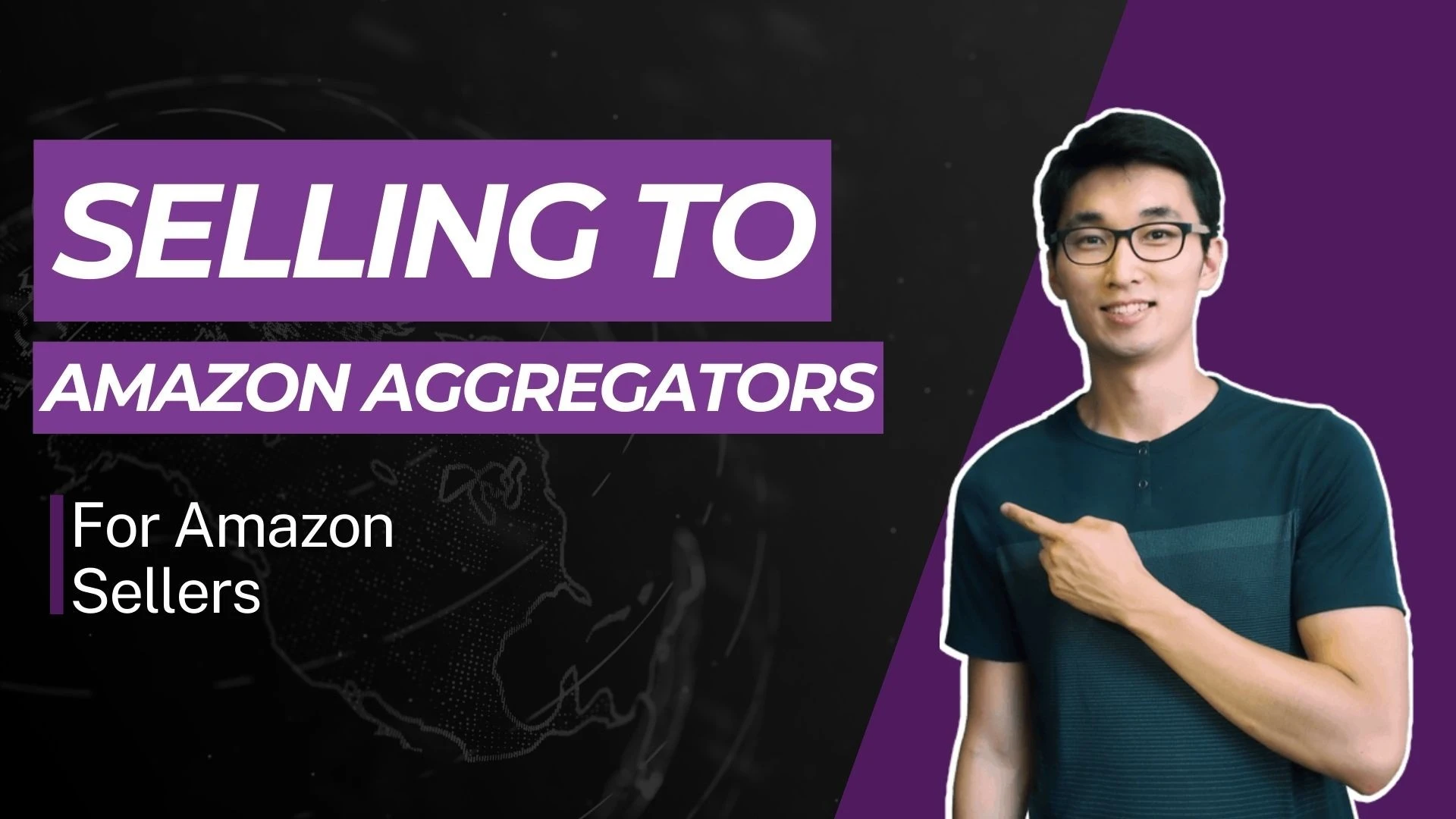
What are Amazon aggregators?
Amazon aggregators are big firms with large capital to acquire and scale Amazon businesses. They are also known as consolidators or acquirers.
They invest their funds in any Amazon FBA attractive to them, scaling the business to a level that will generate continuous revenue for the company, stakeholders, and investors.
The type of products isn’t much of a concern. If the product has thousands of reviews, high sales velocity, and ranks high, someone will be interested in buying it.
Aggregators know and understand the type of FBA business to acquire and what it takes to expand the company. Thrasio is an example where they’ve purchased so many brands, they understand what works and what doesn’t.
Once they acquire your Amazon business, they will work on every aspect of your business to holistically scale it, including keyword research, listing optimization, SEO, PPC, product research, etc.
Technically, this is what they should do, but it doesn’t always happen. If you acquire 1-3 businesses a week, how much considering and effort can a team put behind all the new brands and products?
With the sheer number of acquisitions these companies make, don’t expect your product or brand to get the love it deserves.
From others’ experience, products go out of stock shortly after, aggregators are not able to order on time, the rank drops, the sales drop, and your final payout can drop if you decided to do a performance-based earnout.
Benefits of selling to aggregators

What’s the biggest advantage of selling your Amazon business to aggregators? Aggregators pave the way for small-scale Amazon businesses to exit the business with cash in their pockets in a private transaction.
Amazon is a cutthroat business. Margins are getting slimmer every year.
- Sick of the daily grind?
- You have a winner but can’t keep up?
- Want to get out before a crash?
- Do you know someone else who will want it in their portfolio?
- Want to take some money off the table and operate as a partnership?
There are many reasons for selling, but ultimately, it is to take chips off the table or walk away for most Amazon sellers.
Since aggregators have enough funds, they do not resort to external financing to acquire a brand, making the acquisition process smooth and fast. Deals can close in 30 days or less if your financials and data are organized and ready to go.
Most aggregators only pick the best of the best brands with clearly defined potential to transform them into international businesses.
If you attract an aggregator to acquire your company, you can rest assured that your business will be one of the best in your target niche market.
8 factors Amazon aggregators look at

Aggregators do not turn to just any FBA business to invest their money. They are only attracted to “the best of the best” brands with potential that they can work on at a larger scale.
Hero products is what they call them. Products that sell thousands per day.
They want high-quality and dependable products from a strong and healthy brand. While each aggregator has a due diligence process they usually follow before settling to acquire a brand, some of the general requirements you should keep in mind includes:
#1. Business Type
Top aggregators are primarily attracted to Amazon sellers who manufacturer their products or own private label brands. Because of its trademark protection, enrolling your brand in the Amazon brand registry will make your brand stand out for aggregators to notice. Wholesale businesses, distributors, and resellers are of no interest because it’s not scalable. This also means no one is interested in buying retail arbitrage and online arbitrage business Amazon accounts.
They want hero products where they can sell 5000 a day. Not 1 unit a day across 1000 skus.
If you can invest in trademarking your brand from the start, top aggregators will fight over who will acquire your brand.
#2. Fulfillment model
Another factor that top aggregators look for in a brand is the brand’s fulfillment method.
Two fulfillment methods are available for every seller on Amazon: Fulfillment by Amazon (FBA) and Fulfillment by Merchant (FBM).
The major difference between these two fulfillment methods is inventory storage, packaging, and shipping. If your business operates the FBA model, then Amazon is in charge of storing and shipping your inventory to your customers whenever there is an order. But for the FBM model, you, the seller, will take care of your storage and shipping when there’s an order.
Top aggregators acquire FBA businesses only. They don’t want to deal with warehousing and shipping. They want less work in terms of logistics which means, the more automated your business, the better.
#3. Amazon sales
The volume of sales largely depends on each aggregator. Some aggregators may want to see at least 80% of sales through the Amazon marketplace before they open a discussion with the brand. Others may also want to ensure that a brand is making at least $500,000 to $1 million in revenue.
They don’t consider your e-commerce store as attractive because it requires more management and logistics to take care of.
Aggregators reduce risk by diversifying the brands on Amazon. If they acquire 100 brands and 10% die or get suspended, they still have the remaining 90 to work with. Their goal isn’t to diversify away from Amazon.
#4. Profit margins
Top Amazon aggregators prefer to acquire a brand already making a net profit in the 10-30% range. The higher the better of course.
Tiny margin brands and accounts will only result in a low multiple. Probably in the 2-3x range.
High margins mean brand recognition, competitive advantage, best sellers in category, and beating the competition.
Generally, aggregators consider the minimum net margin is around 15%, with the lowest being 10%.
#5. Market niche
The market niche is another important consideration for top Amazon aggregators. Many aggregators prefer brands that have potential in certain niche markets and won’t acquire FBA businesses whose products are seasonal or are considered fads.
Hazmat products are also avoided and there is a shift away from beauty because of how competitive it is and the cost of advertising. This is also true with food items due to expiration dates and handling.
On the flip side, it also can be an opportunity for sellers in these categories because you won’t have aggregators throwing in huge amounts of money and raising the cost of ads and increasing competition.
#6. Number of SKUs
The less the better. Think hero products.
Few products that can generate millions in revenue. Not millions of skus selling 1 unit a day. That’s why massive sellers like Pharmapack is liquidating because selling low volume with millions of SKUs is a bad business model on Amazon.
You’ve got a homerun if you have a product making over 7 figures.
#7. Product reviews
Amazon aggregators will pay a premium price just to grab a brand that sells products with good product reviews. Ultimately, reviews is social proof and the higher the better.
If the product doesn’t work out, they can throw more money at it to get it selling again or repurpose the listing to make use of the listings like creating another variation so the reviews don’t get lost.
#8. Account audits and performance
Aggregators aren’t stupid, and if they pay 6 to 8 figures for a business, you bet they will do their due diligence.
- Avoid black hat strategies that could backfire. It could turn off potential buyers.
- Don’t fake your numbers. It’s easy to find out.
- Don’t launch new products just before selling as it will be considered an expense and you’ll get a lower valuation.
- Don’t purchase reviews, and it could come back to bite you.
Like our content? Follow our journey to reach $10M in sales
We share our real failures, wins, and what we are doing on our journey from $0 to $10M in sales.
Top 15 Amazon aggregators to sell your FBA business
Below is a list of the top Amazon aggregators you should attract if you want to sell your FBA business. The list is presented on a country-by-country basis. This is not a complete list. Only the top 15 that we’ve come across.
United States
Thrasio

Thrasio is a brand acquirer based out of Boston. The company parades a wide range of employees, including but not limited to videographers, supply chain experts, influencers, digital marketers, and growth marketing executives.
Since inception, Thrasio has acquired over 100 FBA businesses across various categories. Its recently acquired brands include Becky Cameron Bedding Collection, Becky Cameron Bedding Collection, Beast Gear, and Angry Orange Odor Eliminator.
The company has raised over $3.4bn in different funding rounds. The company’s preferred categories include personal, games, toys, outdoor gear, pet care, exercise equipment, automotive spare parts, and musical equipment.
Perch
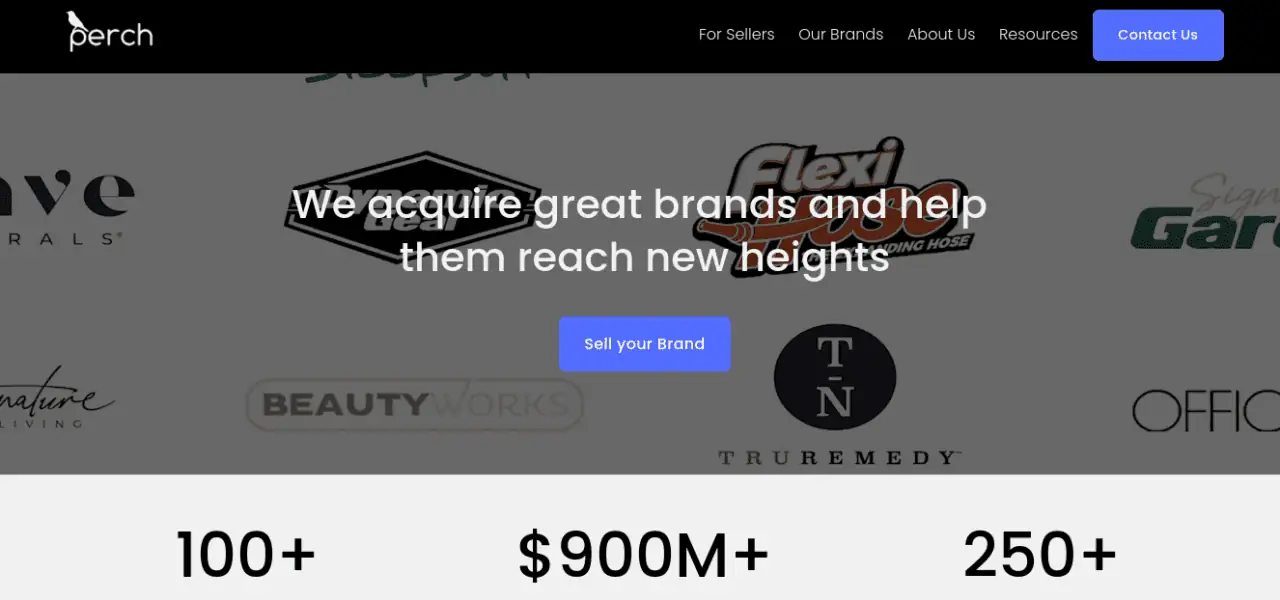
Perch is among the biggest Amazon aggregators in the US, focusing on acquiring and expanding Amazon FBA brands.
It was established in 2019 to purchase and strengthen the operations of startups across different niches, including Apparel and Beauty, Home and Kitchen, Food, Garden, Health and Wellness.
Perch has raised over $908.8M in funding.
Elevate Brands

Elevate Brands is another US-based brand acquisition company with a goal to acquire and groom FBA businesses across the EU, the UK, North America, and Europe.
Elevate Brands’ preferred categories include Supplements, groceries, and Pets. The company boasts of more than 25 brands in its brand acquisition portfolio. It has raised over $500M in funding.
Growve

Growve is an Amazon brand acquisition company with a concentration on brands in the healthy lifestyle category. Since its inception, it has acquired more than 25 FBA businesses in personal care and supplement niches. Growve has raised more than $500M in funding.
It offers other services like account management and GMA to help struggling businesses expand.
Moonshot Brands

Unlike other aggregators on this list, Moonshot Brands specializes in acquiring brands on both Amazon and Shopify. The brand acquisition process of the company involves an initial appraisal and a formal offer.
The company offers different eCommerce solutions like supply chain management, brand-building marketing, and growth capital. Moonshot Brands has raised over $170M in capital/funding since its establishment.
United Kingdom
Alphagreen Group

Alphagreen Group is an incubator company with a solid focus on global health and wellness. Alphagreen Group has a large network of distribution channels that startups can benefit from.
The company helps brands grow in all areas of their business endeavor. They use a wide range of eCommerce channels to promote brands, including Amazon, Alphagreen.io, DTC, and other channels.
Olsam

Olsam was established in 2020 by a team of experienced and highly knowledgeable individuals with a proven track record in the tech space. The company is involved in the acquisition of FBA businesses based in the UK and across the EU.
Its current portfolio includes Peak Coffee and Ottergami. Olsam is also interested in acquiring brands in categories like home improvement, kitchen, stationery, and sports.
Olsam has collected over $165.3m capital since its inception.
Heroes

Heroes was started by three brothers with a solid experience in venture capital and investment banking.
The company is headquartered in the UK and parades a customer service team. Heroes have collected a total of $265m in capital/funding since it stormed the aggregator scene.
Germany
Berlin Brands Group
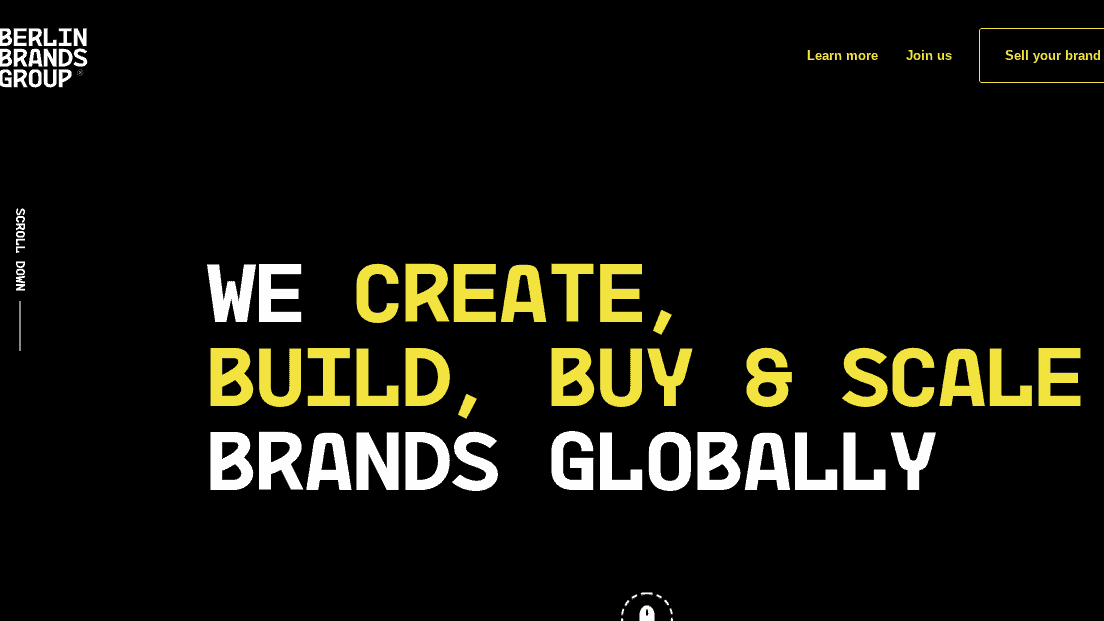
Established in 2005, Berlin Brands Group is one of the world’s oldest Amazon aggregators on the market. It has 34 brands in its portfolio from different niche markets and plans to acquire more.
This Berlin-based company has a presence in over 28 countries worldwide, with a revenue range of between EUR 1m and 100 million. The most recent brand acquired by the company is Orange Brands.
The company’s preferred categories include Tools and Furniture, Toys, Arts and Crafts, Sprot, Home and Kitchen, Garden, DIY, and consumer electronics.
Razor

Razor was established in 2020 to improve the brand acquisition process with technology. Since its inception, Razor has evaluated more than 1 million FBA businesses, with plans to acquire brands with sales of $1-15 million.
During the last funding round, the company boasted EUR25m in equity and $375m in debt.
Razor has collected $559.8M in capital/funding.
Luxembourg
Factory 14

Factory 14 is a leading brand acquirer in Luxembourg. It parades a well-rounded team of marketplace experts, VC, and PE as the founders. Since its inception, Factory 14 has raised more than $200 million to acquire Amazon online businesses. One of its latest acquisitions is Pro Bike Tool.
The company’s preferred categories include sports, personal care, pets, garden, home, and kitchen.
Mexico
Valoreo

Valoreo has its headquarters in Mexico. The company aims to acquire and groom eCommerce companies across Latin America. Valoreo focuses on brands with positive customer reviews and excellent customer support. Their acquisition process is straightforward, with a period spanning five weeks.
Since its inception, Valoreo has raised or collected more than $80m in capital.
WonderBrands

Like Valoreo, WonderBrands has one goal – to purchase highly performing FBA businesses in categories like home improvement, kitchen appliances, stationery, toys, games, and software.
If your FBA business has achieved up to $5 million in sales, then WonderBrands is a great aggregator to focus on. WonderBrands will assist your brand with technology and marketing, brand development, and category management.
The total amount raised by the company currently stands at $20m.
India
Global Bees

Global Bees is a brand acquisition company that was established in 2021. The company has raised $151m in capital/funding since its creation. One of its latest acquisitions is Better Home.
Global Bees acquired the brand for an undisclosed amount. Global Bees prefers categories like sports, personal care, pets, garden, home, and kitchen.
Mensa Brands

Mensa Brands is another great aggregator you should look towards attracting, especially if you operate out of India. The company was established in 2021, focusing on buying brands in the Lifestyle, Home, and Beauty categories.
Mensa Brands offers add-on services, including branding and growth, process optimization, and demand planning. The company has raised over $218M in capital from brand acquisitions.
Singapore
Una Brands

Una Brands is one of the leading brand acquirers in Singapore. The company is focused on acquiring FBA businesses within the Asia Pacific region. It recently acquired a Shopify brand in the Health and Wellness niche for $1.3m.
Since its inception, Una Brands has raised over $40 million in seed capital.
How to prepare your brand to attract aggregators
If you are looking to position your Amazon FBA business to attract aggregators, then adhere to these tips to the latter:
Clean up your financials
Clean and sort out your business finances from the past two years. Aggregators want to work with brands with up-to-date financials.
Get it in accrual accounting. There will be a million questions and lots of probing so anticipate it and get things cleaned up as much as possible.
Simplify your operations and cut down unnecessary expenses. Get into maintenance mode and don’t try to grow or launch new products. Stability and consistency are key.
While aggregators are not looking for a perfect brand, they usually look for brands with growth levers they can pull.
If you do not have the skill or money to clean up and sort your finances, you can hire a bookkeeper or engage your accountant to do the job for you. These professionals know how to compile a brand’s profit and loss (P&L) statement. Aggregators will review this document as part of their due diligence protocols during the sales process.
It’s better to spend $2000 to get your books completely audit and cleaned up and potentially extract another $20k from the sale, rather than skimp and save $2000 to do it yourself and end up with a lower valuation.
Gauge your business worth
The next big thing you need to do to position your brand to attract aggregators properly is to gauge your business worth.
Top Amazon aggregators require a monthly SDE figure or a minimum annual profit; these figures alone cannot accurately reflect your business’s value.
Your best bet is to use an exit multiple to value your business’ worth. An exit multiple assumes that your business value can be determined at the end of a projected period using existing market valuations of competitor companies.
Make your business as turnkey as possible
Making your business as turnkey as possible means lowering your involvement in the business without compromising efficiency, productivity, and performance.
You can achieve this by improving your inventory management, hiring virtual assistants for rote tasks, or hiring experts to help you handle things that you are not good at like PPC campaigns and graphic designs.
Plan your exit strategy
The last but not the least tip is to plan your exit strategy. Even if you don’t plan to sell your FBA business anytime soon, it’s still important that you plan your exit strategy.
If you can’t effectively plan your exit strategy by yourself, you can engage a professional to help you out. Start right now to plan your exit strategy.
Planning will make your business worth much more than your expectations, and Amazon aggregators will fight to acquire it.
Can I stay with my brand post-acquisition?
It depends on the terms of the agreement that you signed with Amazon aggregators.
I have seen situations where aggregators hire brand founders to be part of their employees.
There are many benefits of being part of your brand post-acquisition, including helping the acquirers to develop other acquired brands.
Conclusion
Deciding whether or not to sell your Amazon FBA business to Amazon aggregators is a process that you should get right.
Remember, aggregators have the resources and finance to scale any FBA brand they find attractive. So, if you want to attract the best aggregator to scale your brand and one who is ready to pay the best price, you need to get it right.
This article has covered the basics of Amazon aggregators: the benefits of selling to Amazon aggregators, what they look for in a brand, a list of the top aggregators, their funding prowess, and how to prepare your brand to attract aggregators.
With what you have learnt from this article, I believe you are now better equipped to sell your FBA business.
If you have any challenges as you look out for aggregators’ proposals, feel free to comment below.
Comments
Related Posts
Mastering Shopify’s UTMs: The Simple Way to Smarter Marketing
Let’s be honest: marketing your Shopify store without tracking what’s…
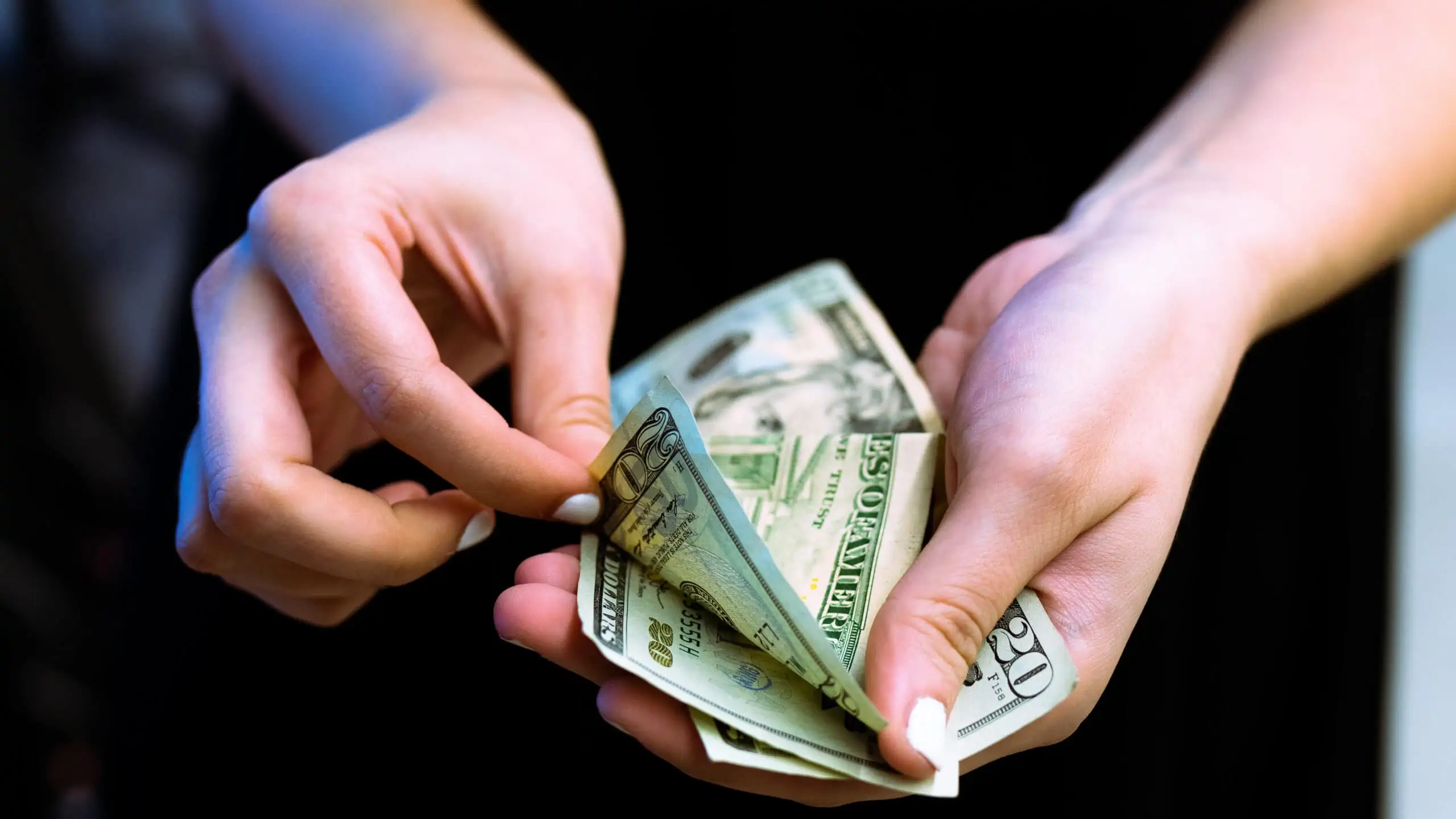
10 Profitable Product Categories for Amazon Affiliates 2025
What you’ll learn Amazon is a favorite for experienced and…
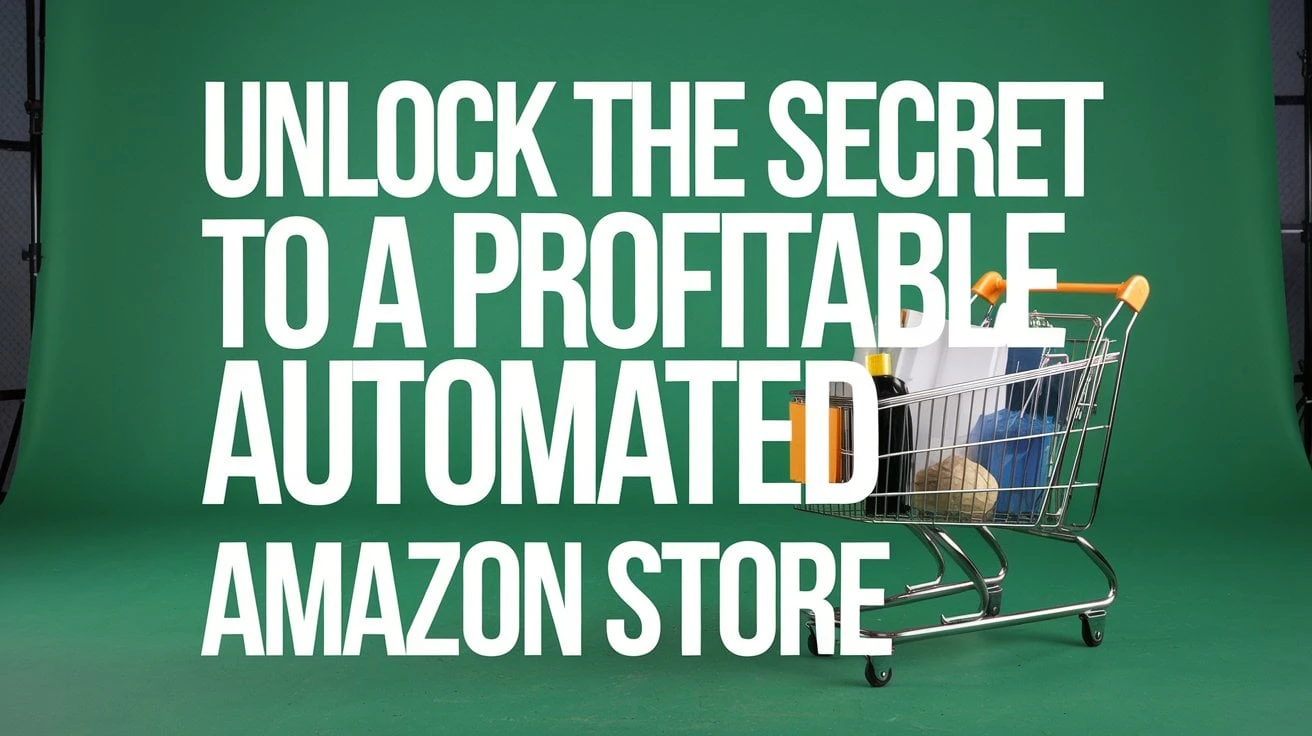
Unlock the Secret to a Profitable Automated Amazon Store: How to Build a Hands-Free Income Stream
Ever dreamed of running a profitable Amazon business while sipping…

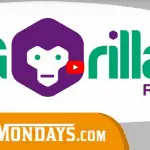
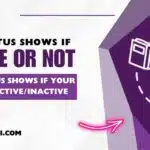

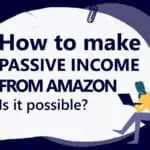


Leave a Reply